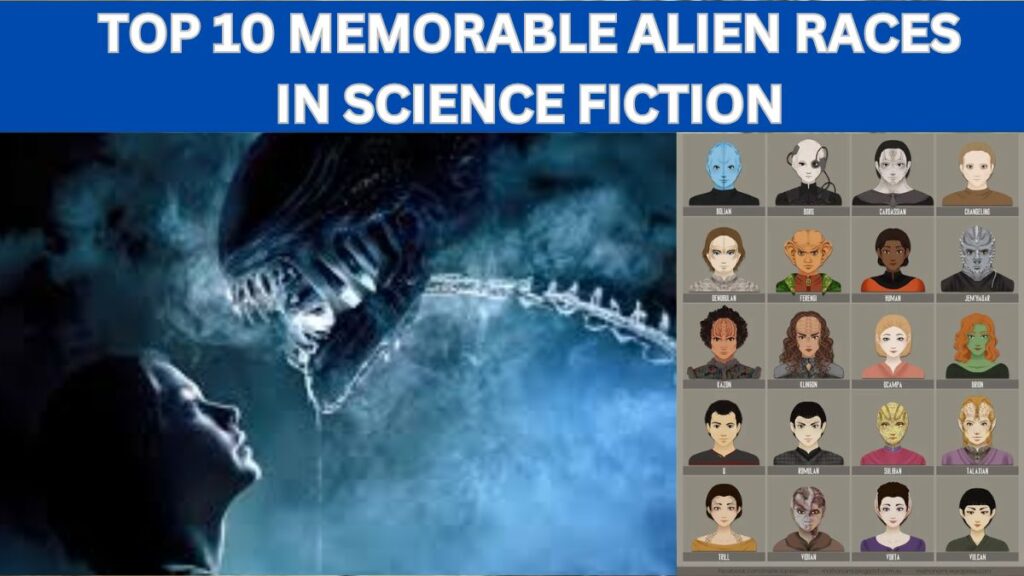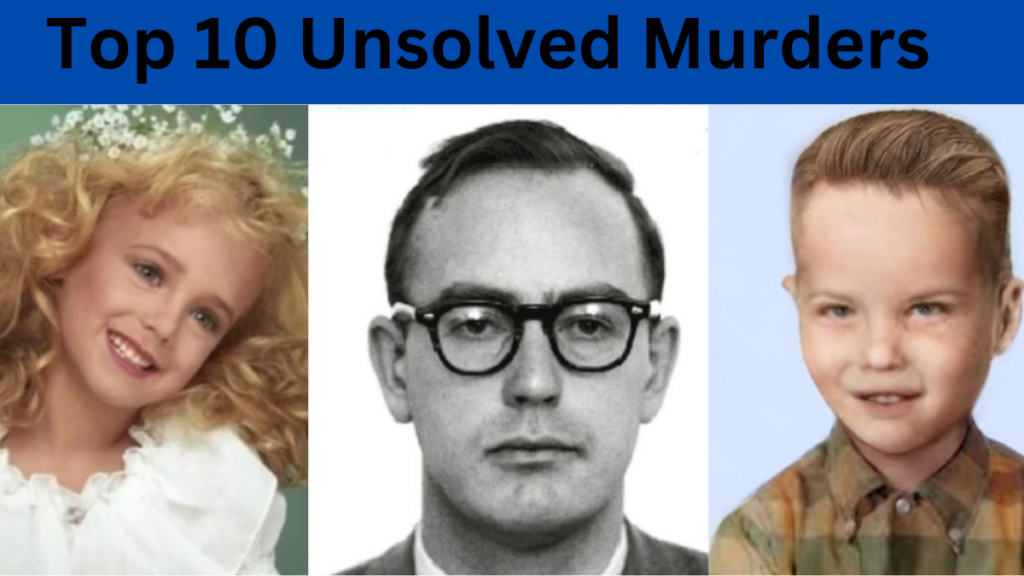Top 10 Historical Oddities You Don’t Know
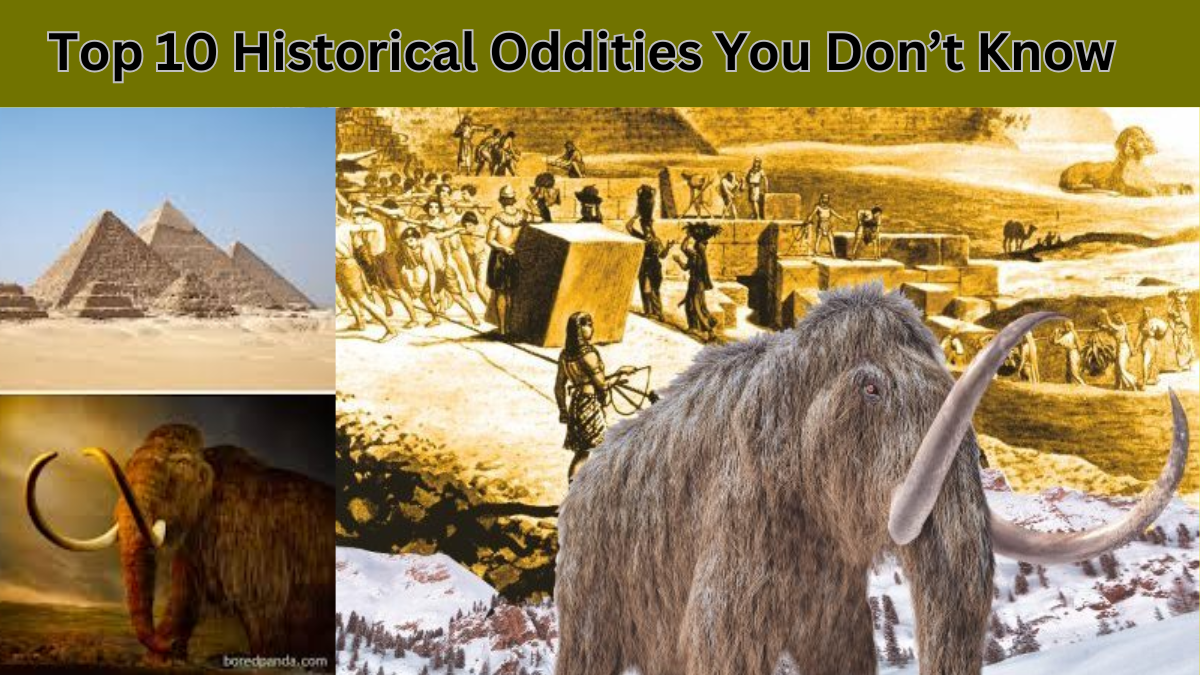
Discover the top 10 historical oddities you didn’t know, including Robert E. Lee’s surprising stance on slavery, the true meaning of D-Day, and a pirate’s plan to rescue Napoleon from exile.
In 1839, the U.S. and Canada Fought the Bloodless “War of Pork and Beans”
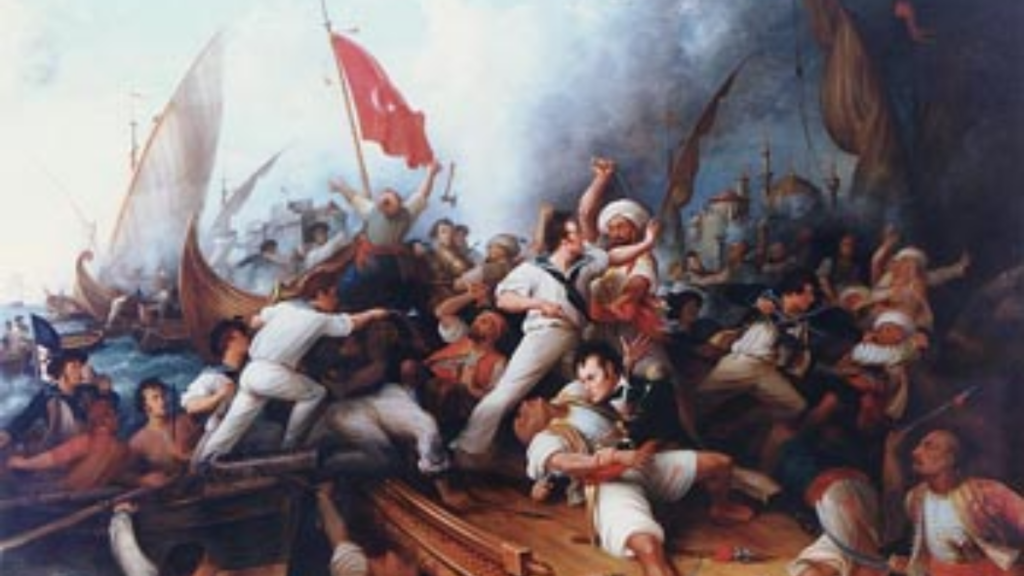
The “Aroostook War” between the U.S. and Canada (then a British colony) was a conflict over the Maine-New Brunswick border. It was resolved diplomatically, with no battles fought, leading to its nickname—the bloodless “War of Pork and Beans.”
A New Orleans Man Hired a Pirate to Rescue Napoleon from St. Helena
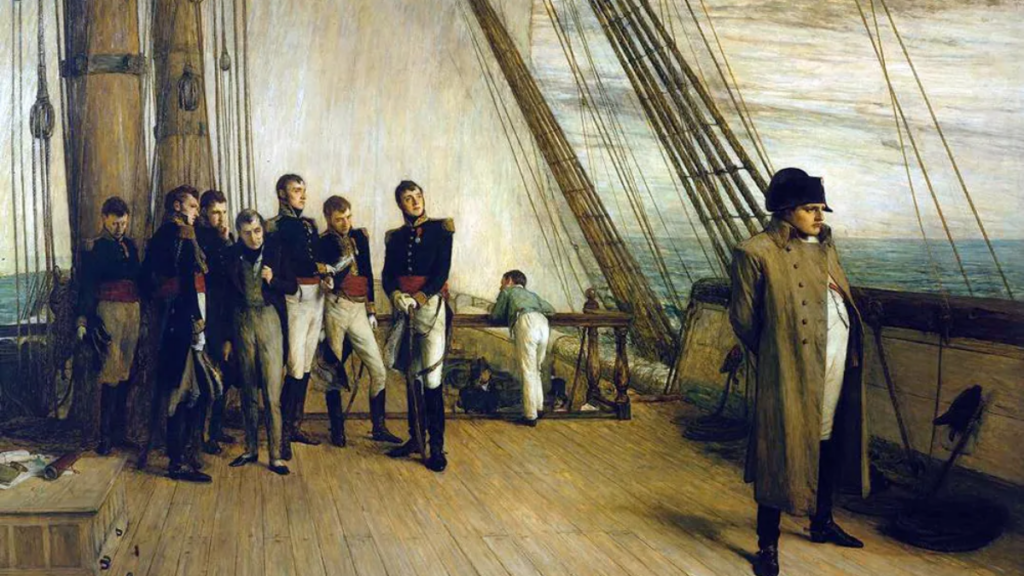
A man from New Orleans allegedly tried to hire Jean Lafitte, a notorious pirate, to rescue Napoleon Bonaparte from his exile on the remote island of St. Helena, though the plot never materialized.
The “D” in D-Day Stands for “Day”—It’s “Day-Day”

The term D-Day is military jargon where the “D” simply means “Day.” It indicates the day of a major operation, with the exact date to be specified later.
The Confederate States of America Banned the Slave Trade
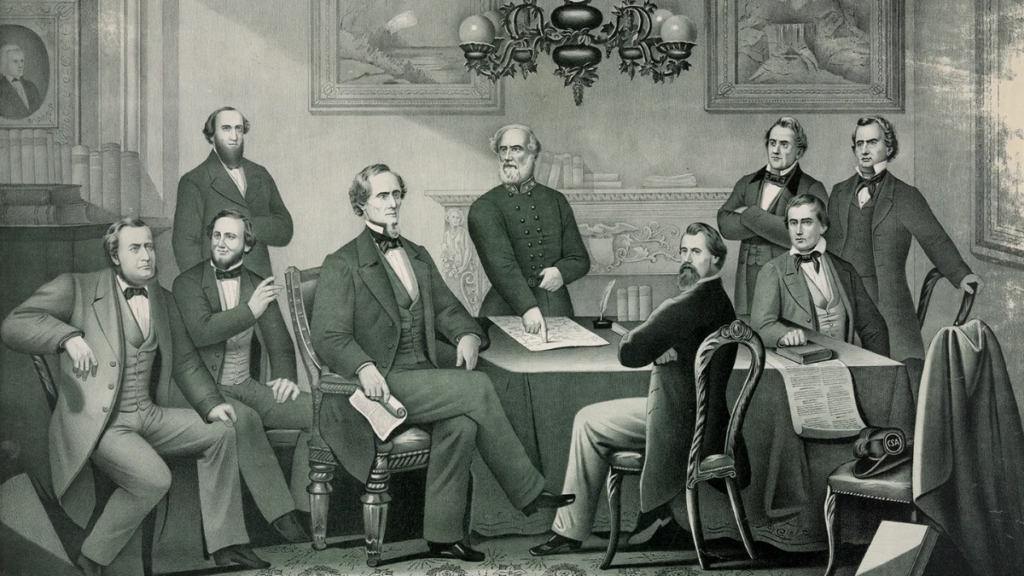
Surprisingly, the Confederate Constitution explicitly prohibited the international slave trade, even though slavery was legal and heavily relied upon within the Confederacy.
Henry Kissinger and Yasser Arafat Won the Nobel Peace Prize, but Gandhi Never Did
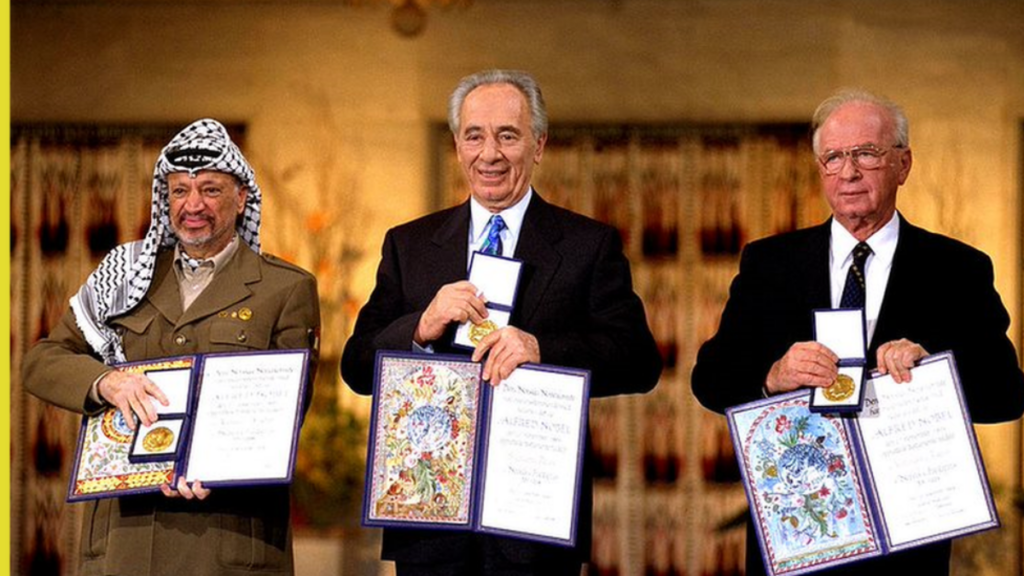
Despite his role as a global peace icon, Mahatma Gandhi was never awarded the Nobel Peace Prize, whereas controversial figures like Kissinger and Arafat received it.
Josef Stalin Once Studied to Be a Priest
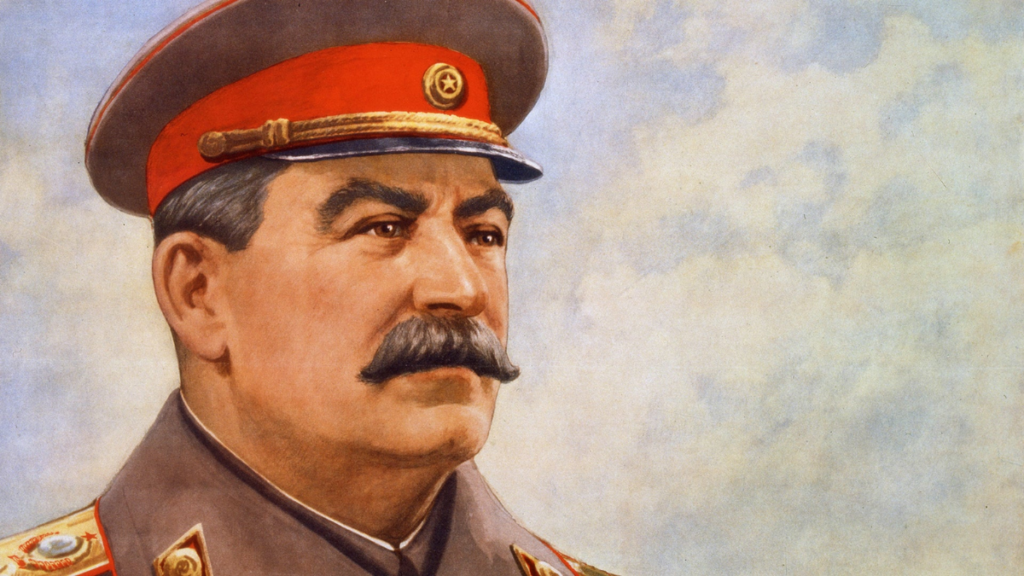
Before becoming the dictator of the Soviet Union, Stalin was enrolled in a seminary to train as a priest. He was expelled, allegedly due to poor performance and revolutionary ideas.
Kaiser Wilhelm II, Tsar Nicholas II, and George V Were All Grandchildren of Queen Victoria
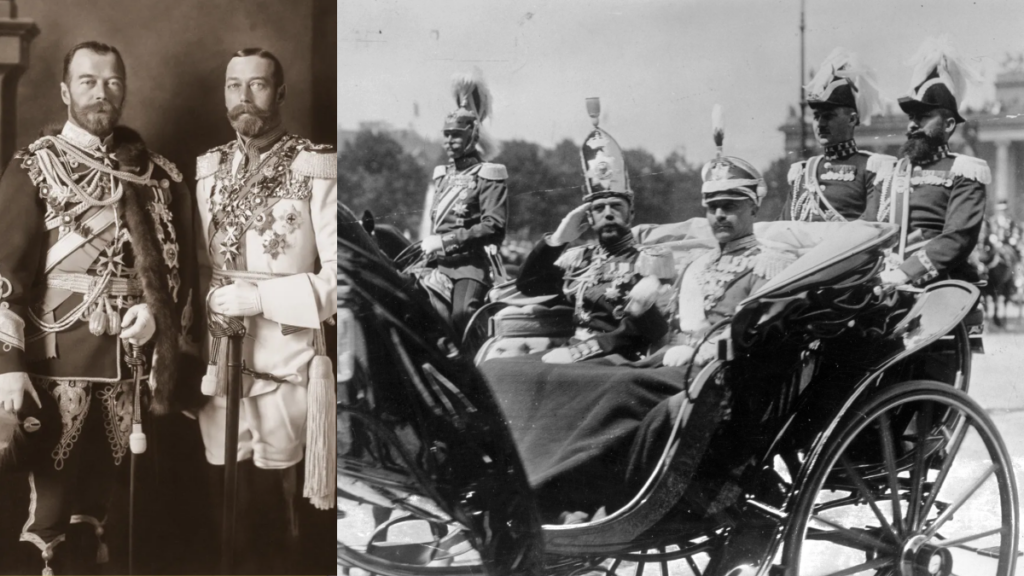
The major European leaders during World War I—Kaiser Wilhelm of Germany, Tsar Nicholas of Russia, and King George V of England—were first cousins, all descendants of Queen Victoria.
When the American Civil War Started, Confederate Robert E. Lee Owned No Slaves. Union General U.S. Grant Did
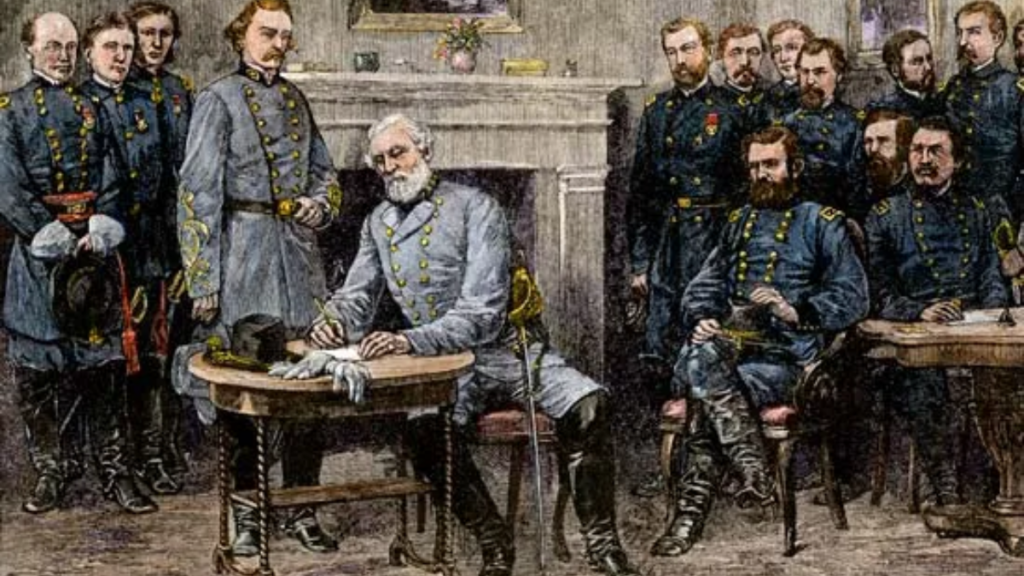
Despite fighting for the Confederacy, Robert E. Lee did not personally own slaves at the outbreak of the Civil War, while Ulysses S. Grant, fighting for the Union, did until emancipation.
Abel Tasman “Discovered” Tasmania, New Zealand, and Fiji but Missed Australia
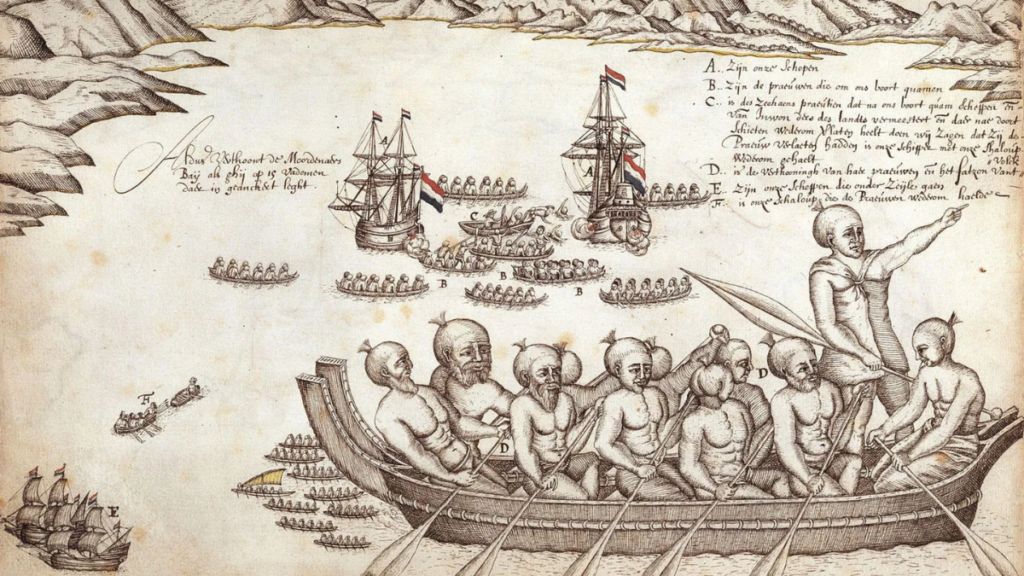
his first voyage, Dutch explorer Abel Tasman charted several South Pacific islands but never sighted mainland Australia, despite being close to it.
Before the Boston Tea Party, the British Lowered Tea Taxes, Not Raised Them
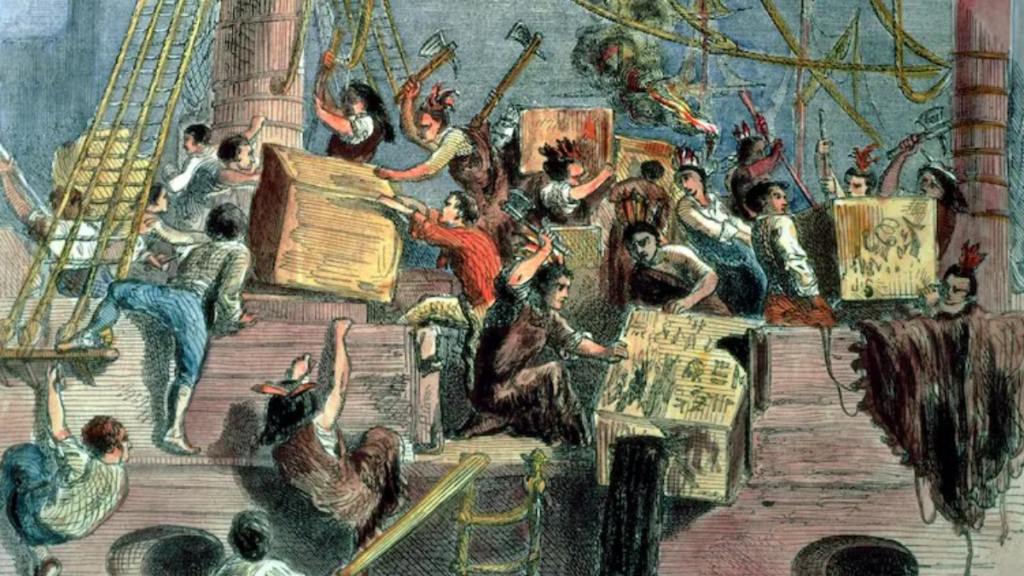
Contrary to popular belief, the Tea Act of 1773 reduced the tax on tea. The colonists protested not the price but the principle of “taxation without representation,” which led to the Boston Tea Party.
